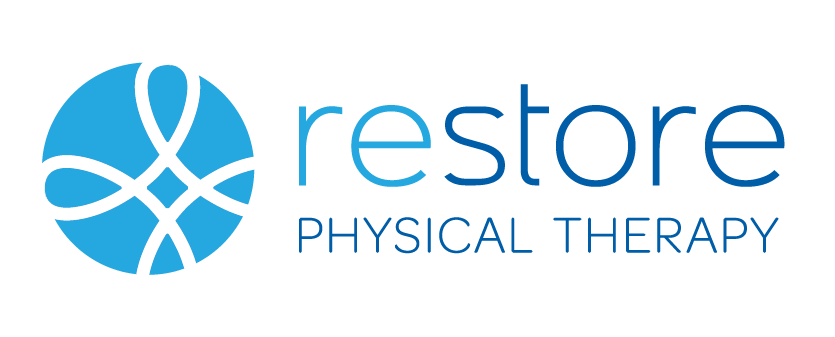The Biggest Myth with Squats!
Squats are one of the most common exercises seen in gyms worldwide. They are present in all forms of workouts, whether it be HIIT classes, calisthenics, powerlifting, strength & conditioning, crossfit, high school & collegiate teams or your typical weekend warrior trying to get stronger at the local gym. Although squats are an extremely useful exercise, there is a stigma that comes along with them, in that they cause lower back pain. The truth is that squats CAN cause lower back pain if performed improperly, but SHOULD NOT when done correctly! Here are some great tips that we use here at Restore Physical Therapy & Olympia Fitness + Performance to reduce the risk of lower back pain, while improving form and increasing strength!
Bracing
Intra-abdominal bracing is an important step with squatting that is oftentimes missed. The ability to produce a stabilizing force internally is crucial in supporting the spine throughout the entire movement. The most common cause of back pain when squatting is unwanted spinal movement while compressive forces are in play. When properly braced using the right breathing techniques, your body creates a 360* pressurized layer of stiffness in the spine that will aid in maintaining rigidity during the entire motion, keeping the vertebrae and discs safely aligned throughout the movement. This will significantly reduce the risk of lower back pain and potentially eliminate low back pain with squatting altogether in some clients.
Hip Mobility
Hip range of motion plays a large role in squatting as well. Especially when adding resistance to your squat, the hips need to be able to rotate enough to allow space for the body to move throughout the motion freely. In many cases, hip stiffness with internal & external rotation can be a significant limiting factor when squatting. There are several exercises that can be done to improve hip mobility, including hip airplanes, banded mobilizations and isometric holds at full depth.
Ankle Mobility
Squats are considered to be a compound exercise, which means several joints are being used at the same time to create a full body movement. Although we typically think of squats to be a hip & leg dominant exercise, many forget that ankle mobility and foot stability are key to this movement as well. If the ankle cannot complete dorsiflexion (pulling the ankle/toes up towards your shin) within normal limits, the ability for your lower body to translate appropriately into a squat will be compromised. We will commonly see clients over-exaggerate a hip hinge and lean their trunk forward when their ankles cannot move far enough into dorsiflexion, thus causing a significant increase in stress on the lower back. Performing self-ankle mobilizations or having a physical therapist work on your range of motion can create a huge impact on your ability to squat and improve overall performance.
Core Stabilization & Glute Activation
Lastly, we have to address what you do BEFORE getting underneath the barbell. If you are not setting yourself up for success by properly activating the right muscle groups leading up to your squat, those muscles will not be prepared to take on the stress of such a big, powerful movement. A few great warm-up exercises to perform are banded lateral walks, banded glute bridges, paloff press and single-arm farmer carries. These can help the body properly prepare for the more complex squatting movement and reduce the risk of injury.
If you are having pain with squatting, do not hesitate to reach out to the experts here at Restore Physical Therapy for a FREE Discovery Session! The doctors are trained to provide a thorough evaluation of your movements and determine where the main problem areas are. We will then develop a specific and unique program for you to improve mobility, strength and technique, while restoring your ability to perform your favorite activities, pain-free!
Click this button to register for your FREE session now!
We will also be hosting a Barbell Performance Class starting on Tuesday, April 13th at 6:45pm!
This 6-week program will cover several different exercises, including squatting, to help educate you, improve your warm-ups, guide you towards proper exercise selection and enhance your movement mechanics!
Click the link below to register!
Only 8 spots available!








